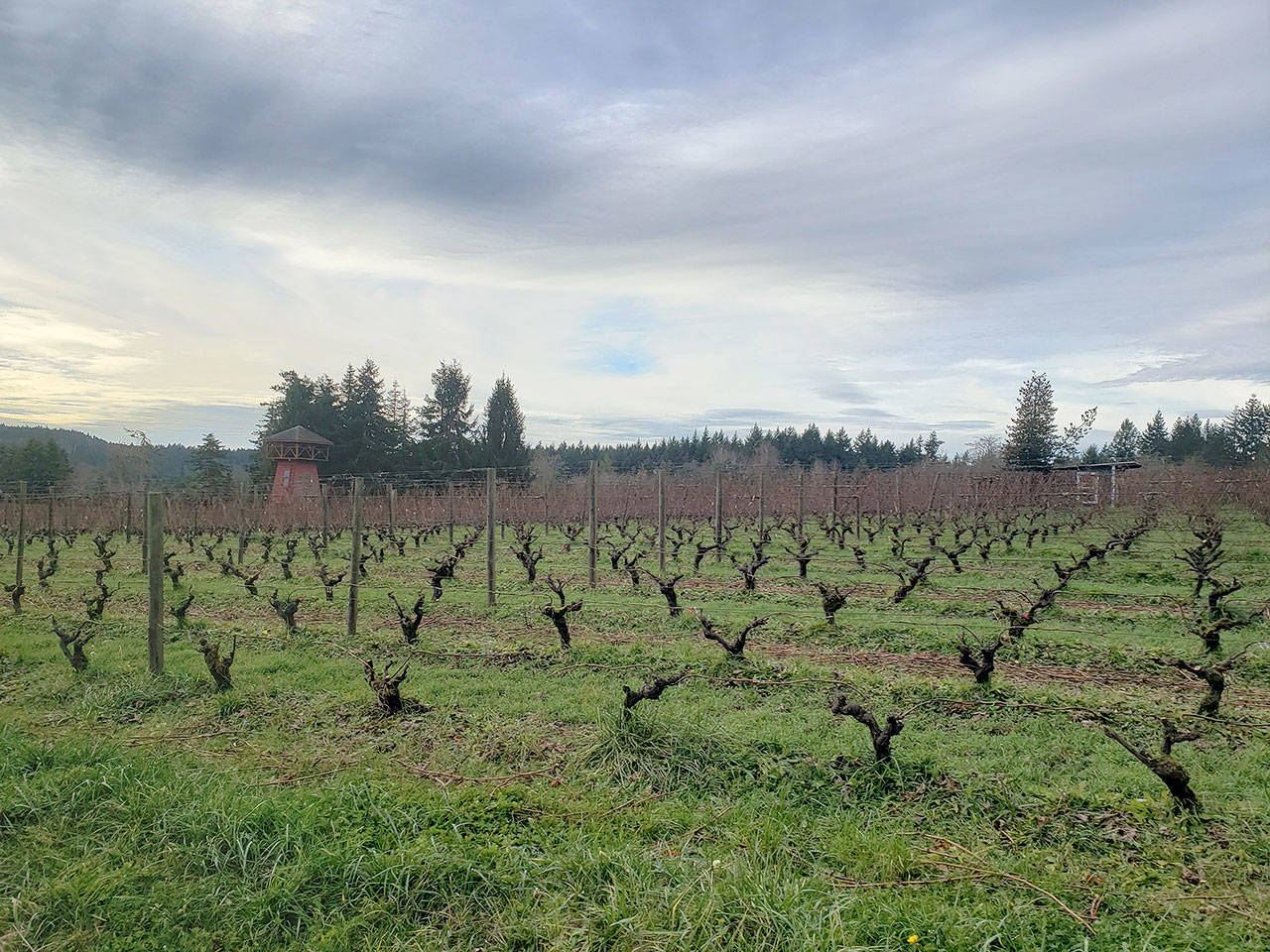The Bainbridge Island City Council has approved a recommendation from the Ad Hoc Committee on Public Farmland to provide $65,000 in 2021 funding to Friends of the Farms.
The amount is a reduction from the 2020 fee of $72,000 and was arrived at by removing the utilities line item from the Friends of the Farms 2020 City Public Farmland Budget.
The change will involve shifting the payment of all utilities benefitting farmers and interns (when and if interns are again housed on the property) to FOF to be reimbursed by the farmers and interns, with the city assuming management of paying for those utilities that do not benefit any private individuals (the currently vacant Suyematsu Farmhouse).
“The committee is recommending a relatively small reduction in funding to Friends of the Farm (over their 2020 request) with the expectation that following additional work over the next few months the committee will bring forward a further reduced proposal for 2022 as part of either a budget amendment or proposed expenditure of contingency funds,” documents read. “The committee is not recommending a full revision of the lease or different mechanism for defining the relationship between the city and Friends of the Farm at this time.”
The 2021 budget includes $200,000 in contingency funding, none of which has yet been obligated, city documents say. The approval of this item leaves $135,000 in remaining contingency funding.
Background
The city owns 60 acres of farmland in seven parcels across the island, 21 acres of which are actively farmed. These properties are managed by nonprofit Friends of the Farms, according to a master lease agreement signed in 2011. In 2018, FOF requested revising the lease to update the scope of services and responsibilities of both parties and to provide an annual direct payment of operating support, documents read.
“It is important to remember that the original lease, which is still in effect, did not anticipate any fee to Friends of the Farms for the management of the properties. Over the last three years (including this year) Friends of the Farms has made a request for funding based on the assertion that it can no longer afford to provide the same services without financial compensation,” documents say.
In fall of 2019 the council decided to continue payment to FOF for 2020 with plans to evaluate the long-term approach. In January, the council Ad Hoc Committee was formed to assess various issues related to the city’s public farmland, consisting of council members Kirsten Hytopoulos, Rasham Nassar and Deputy Mayor Joe Deets.
The Ad Hoc Committee began meeting in March with the goal of completing its work in advance of the biennial budget process, but that work was paused for months during the adjustment to the COVID-19 crisis, documents say. The committee was tasked with the following scope of work:
“Review current framework for management of the city’s public farmland, in order to develop recommendations to the full council on:”
- Whether all of the city farmland properties should continue to be managed within a single framework.
- Whether some or all of the city properties should be managed on behalf of the city by an external organization.
- If an external organization is responsible for management of some or all of the city properties, what are the scope of services the city requires?
- If an external organization is responsible for management of some or all of the city properties, what is the preferred framework to manage the provision of those services?
In evaluating those questions, the committee considered factors including distinguishing “management” of the properties from other functions and activities; the terms of the master lease; the functions and goals for the properties; the scope of services historically provided by the external organization tasked with managing the city farmland (FOF); and the pros and cons associated with creating an internal position to perform the management function, documents say.
The committee requested and reviewed written information from the city administration, and FOF participated in a site visit to the properties over the summer. In November, the committee met twice with FOF to share findings and draft recommendations, which are as follows:
- The city farmland properties should continue to be managed within a single framework.
- The city properties should be managed on behalf of the city by an external organization, and that organization should continue to be, for so long as mutually desirable, Friends of the Farms.
- The scope of services provided by that organization as manager of the properties should be limited to property management functions, with any other services provided by that organization funded through a separate city or community-based mechanism.
- The preferred framework to manage the provision of the services to be provided by Friends of the Farm should continue to be the master lease, amended to define the basis for an ongoing annual management fee.



